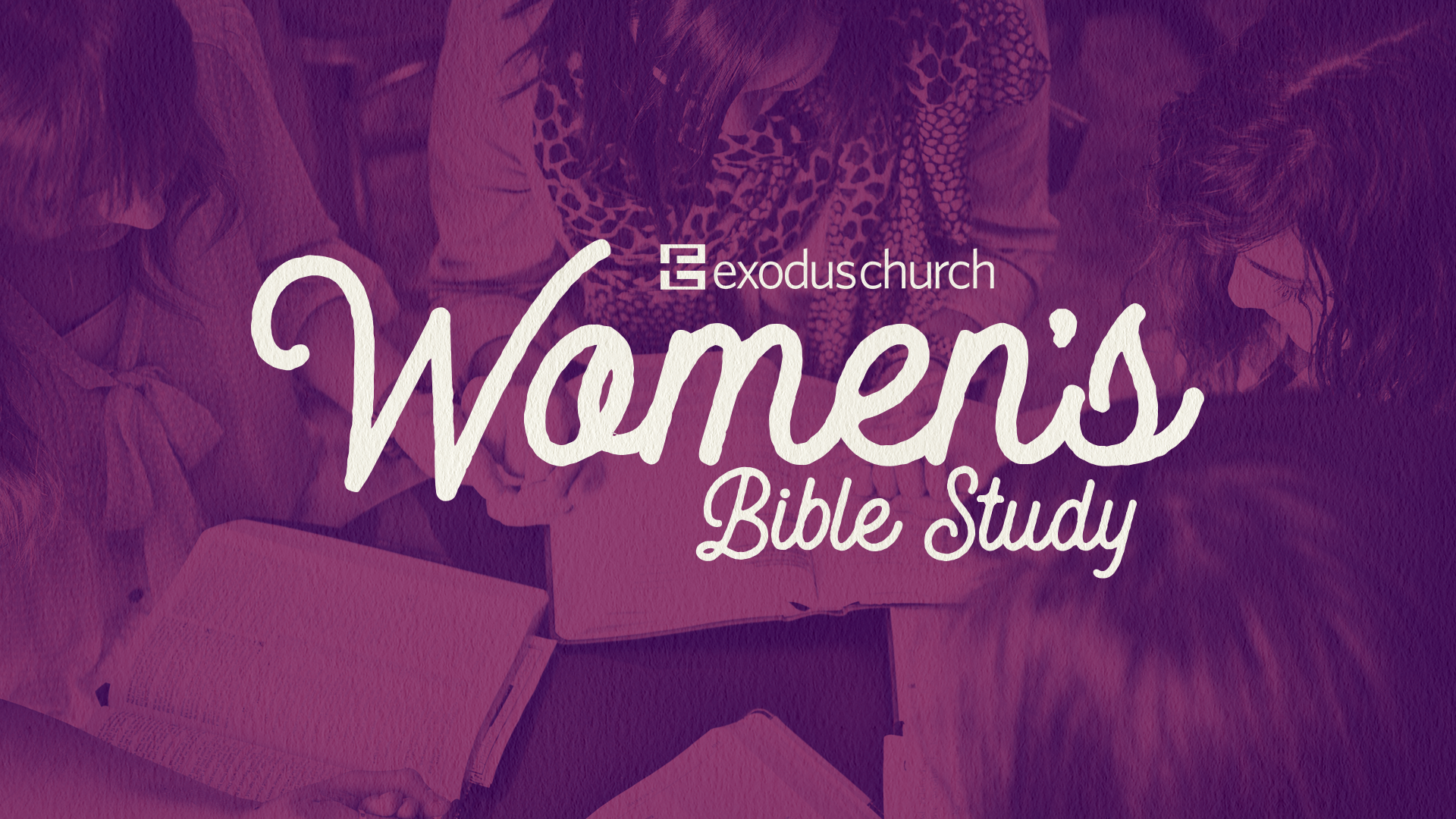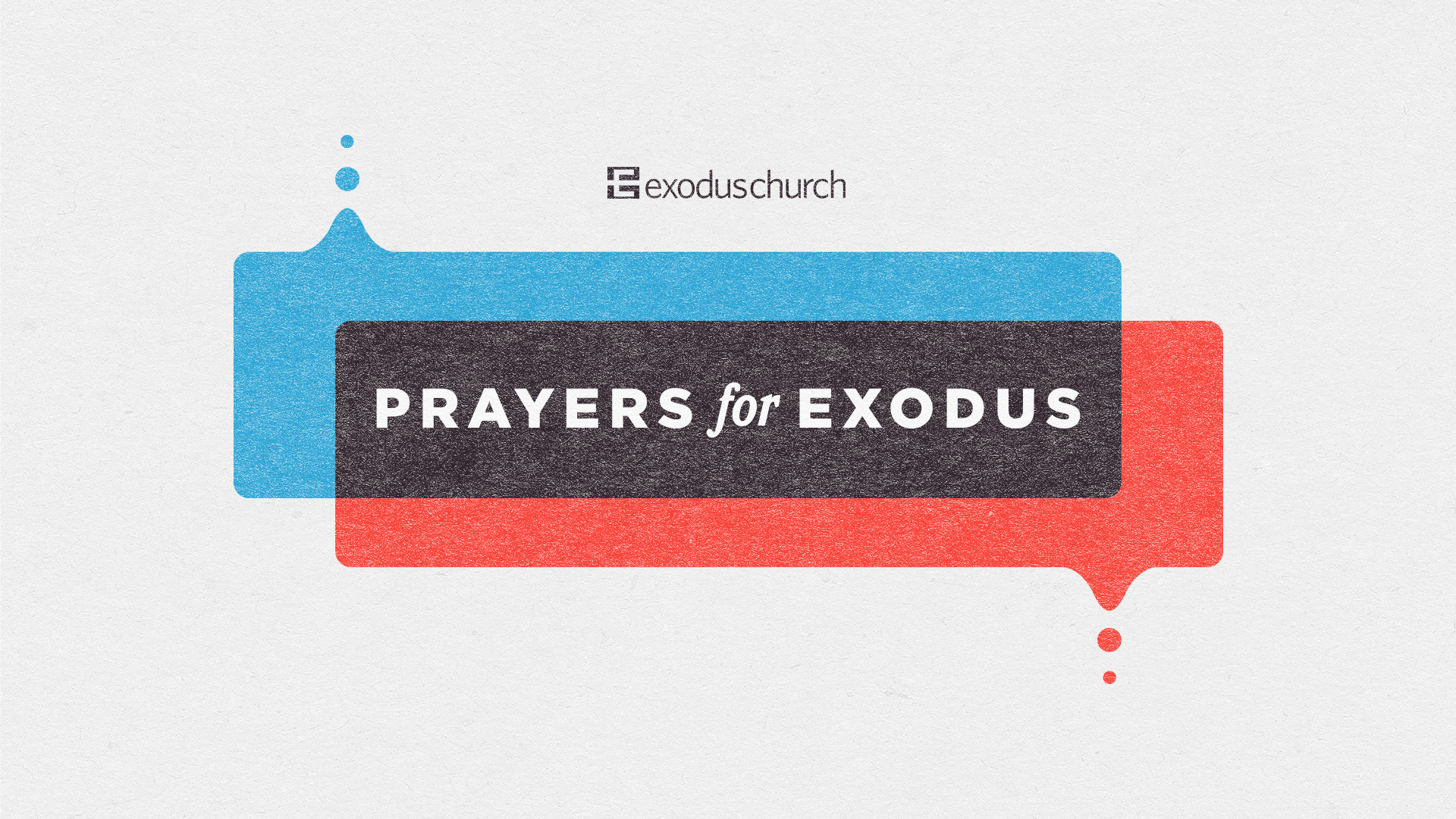The public reading of scripture has been performed within the Church throughout its history. Scripture itself describes this practice both in example and in command. In Deuteronomy 31, we see Moses commanding that the law given to him by God be read publicly at the Feast of Booths:
Then Moses wrote this law and gave it to the priests, the sons of Levi, who carried the ark of the covenant of the LORD, and to all the elders of Israel. And Moses commanded them, “At the end of every seven years, at the set time in the year of release, at the Feast of Booths, when all Israel comes to appear before the LORD your God at the place that he will choose, you shall read this law before all Israel in their hearing. Assemble the people, men, women, and little ones, and the sojourner within your towns, that they may hear and learn to fear the LORD your God, and be careful to do all the words of this law, and that their children, who have not known it, may hear and learn to fear the LORD your God, as long as you live in the land that you are going over the Jordan to possess.”
(Deuteronomy 31:9-13 ESV)
Likewise, in 1 Timothy, we see Paul commanding Timothy to devote himself to the public reading of scripture:
Until I come, devote yourself to the public reading of Scripture, to exhortation, to teaching. (1 Timothy 4:13 ESV)
The reading of scripture aloud reminds us that we serve a God who has revealed himself to us, and who has instructed us in appropriate ways to worship him. We also benefit from reading aloud because it forces us to slow down and think about the words, to pause and give thought to the truths they contain.
This practice is also commonly done responsively, through the act of a leader reading portions of scripture and the congregation joining the leader in reading portions of the passage. In much the same way a songwriter might distill truths from the word of God into lyrical form, responsive readings have been also been written for and used by congregations throughout church history. These should not be confused with scripture any more than a hymn would be, but they still have value in summarizing the big truths of the Bible in a format that is conducive to congregational reading.
With this perspective and similar goals in mind, I offer this responsive reading that borrows heavily from Psalm 4 and 5. It is my humble desire that, as this is read, we as a congregation would acknowledge our position before a mighty, righteous, and merciful God, and that we would cry out to him for both our salvation and our joy.
God of glory and power
Creator of the universe and all seen and unseen
We stand before you with nothing to offer
A sinful race in need of a savior
In your perfect wisdom you saw our need
And in your mercy provided a way to salvation
Grant us today your saving grace
Humble us that we would seek your forgiveness
You alone make us dwell in safety
You put more joy in our heart than any earthly riches
Help us to offer proper sacrifice to you
Help us to put our trust in you
Give ear to our words
Consider our pleas
Through the abundance of your steadfast love
We enter into your presence
We bow down to you and are led in righteousness
Let all who take refuge in you rejoice



